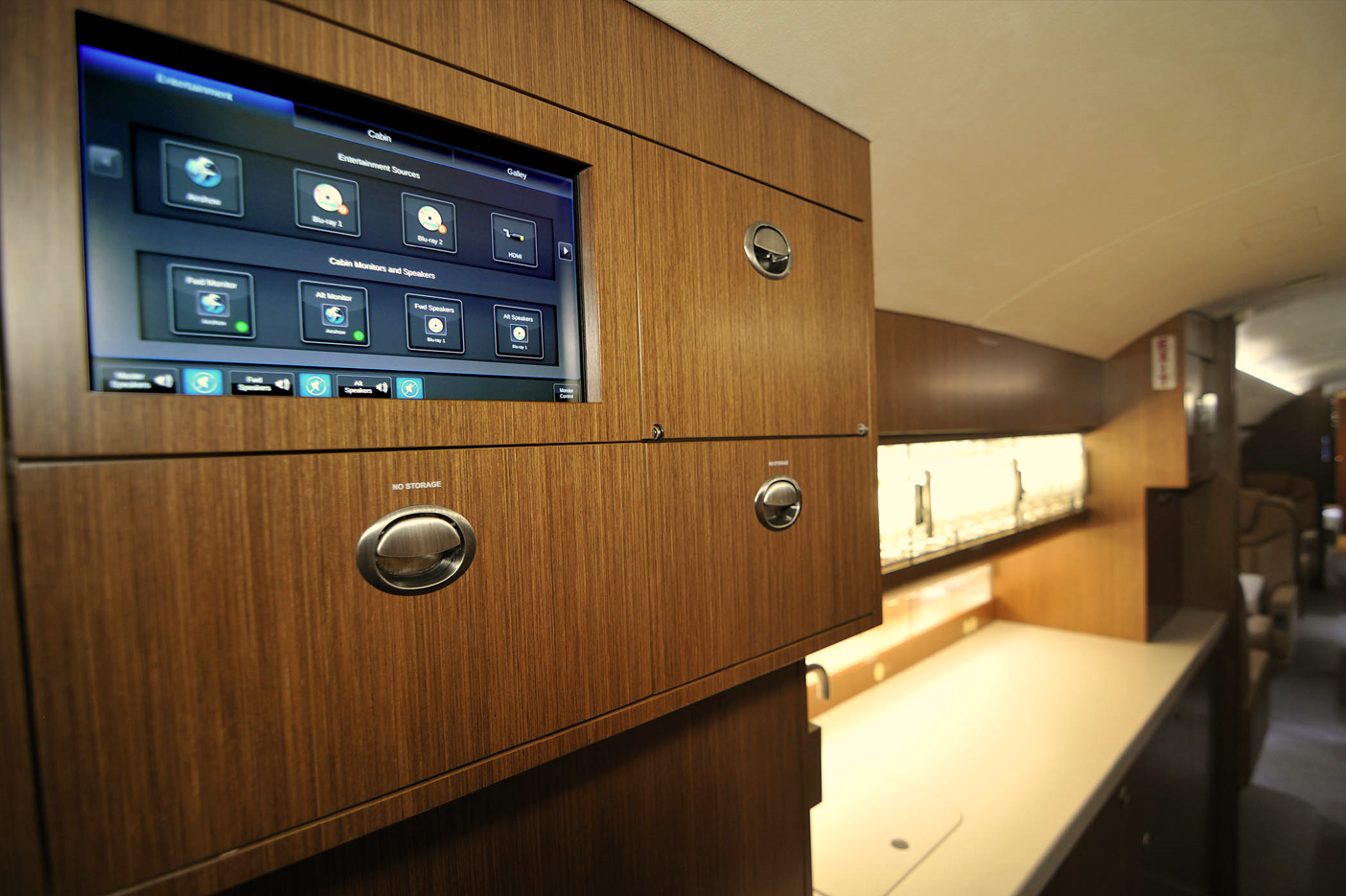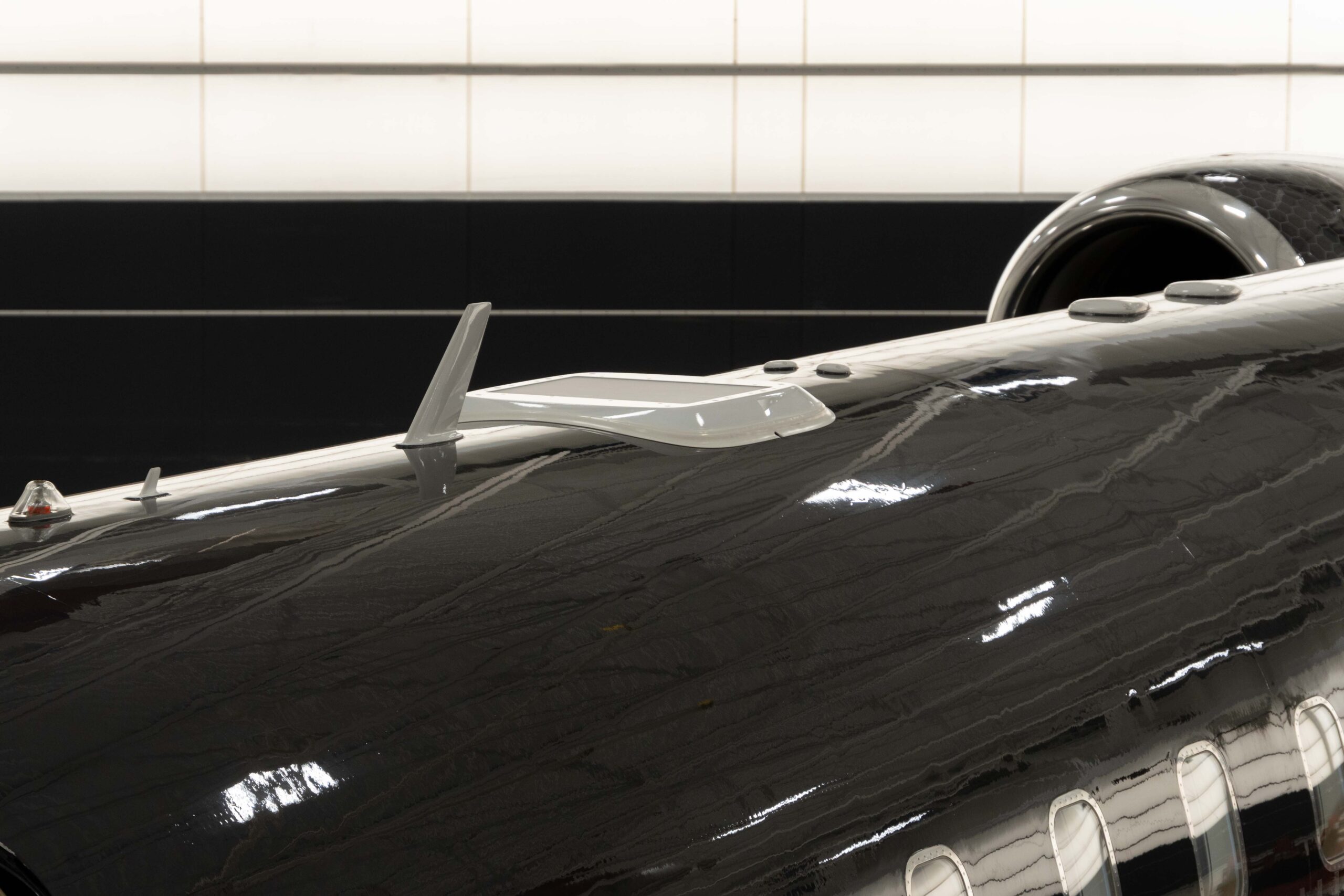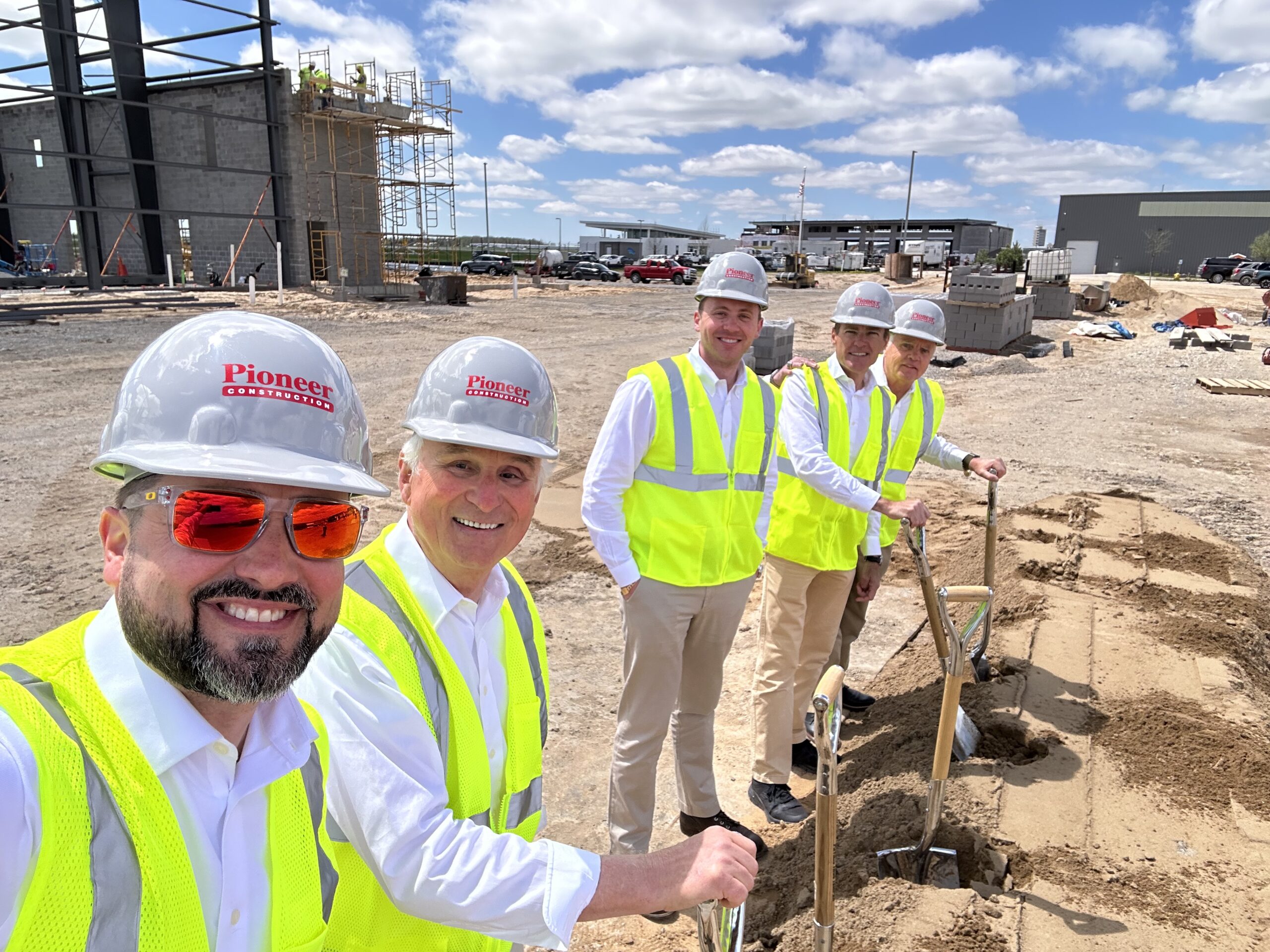The ‘One-Stop’ Shop

Right now, in business aviation, what everybody wants for their aircraft is a ‘one-stop’ shop. On its surface, the idea of the one-stop shop is quite appealing. It’s biggest draw for aircraft owners is the luxury of leaving your airplane in one location to have all the necessary work done in the available downtime window. While price is certainly a determining factor, downtime truly is the number one consideration in business aviation. The idea of leaving the aircraft at a single location to complete the work only sweetens the pot. Oftentimes, the work includes (but is not limited to): maintenance, records research, specialized inspections, avionics upgrades, in-flight connectivity installations, interior refurbishment, paint, aircraft detailing and cleaning.
There are actually very few MROs that actually can provide all of these services. Even the MROs that do have the capabilities can rarely ever line up all of their shops to be able to accommodate a particular work scope in a competitive downtime. Oftentimes, even with access to these shops and capabilities, when it comes to working an aircraft in, it is likely that one or more of these shops will be booked within the timeframe that is necessary to complete the job. In this way, the idea of a true one-stop shop does not really exist in business aviation, without extensive planning and a long lead into the work scope. At least, not in the traditional sense.
In all honesty, a good MRO should be looked at less as a one-stop shop, and more as a general contractor. This is not dissimilar to a general contractor that you might hire to renovate your home. In that field of work, when you hire a contractor, they may have plumbers, electricians, and carpenters working for them. Some general contractors, however, may offer none of these specialties themselves. In these cases, the contractor may be working solo. In order to complete the necessary work, they would need to subcontract these specialties to succeed. In addition to these subcontracts, a general contractor needs to align these workers in the right order to ensure that everything works the way it should. They would need to schedule their electrician to work certain days before the drywaller, as the drywalling cannot begin until the electrical work is done. The general contractor, here, is responsible for work progressing in the right order at the right time.
MROs work a lot more like this than a genuine one-stop shop. At Pro Star, for example, we don’t necessarily do paint or interior work. If you need something we specialize in (like maintenance or avionics upgrades), and are also looking for some interior or paint work to be done, we will find a contractor to complete the work on our behalf. A good MRO will also ensure that this contract work is done in a way that will not extend the downtime window or get the owner involved unnecessarily. Like general contract work on houses, success really depends upon the timing. As a general contractor, an MRO is responsible for lining up the schedule to ensure that no time is wasted. In addition to hiring MROs to assist Pro Star, Pro Star has frequently gone on the road to work for other MROs on avionics installations while they are completing maintenance or interior work.
The need for a ‘one-stop’ shop, of sorts, is much less practical than the need for a trusted MRO to take the role of a general contractor. It may still feel like a one-stop shop, as the owner is still leaving their airplane in one location to get the work done. In reality, however, it may be the case that the airplane must leave the original location for additional work. In this instance, it is the responsibility of the MRO to properly prepare the aircraft to fly the airplane in its current state. Multiple crews are likely working with the main MRO to get the entirety of the work done. This work, in order to be successful, must be done in a logical sequence. If not, the project can very quickly fall apart. This is the kind of confidence an owner must have in their MRO to do the job. The more an MRO can maintain the appearance of the one-stop shop, the better they are at doing the job of a general contractor. This is the wave of the future for aviation.



